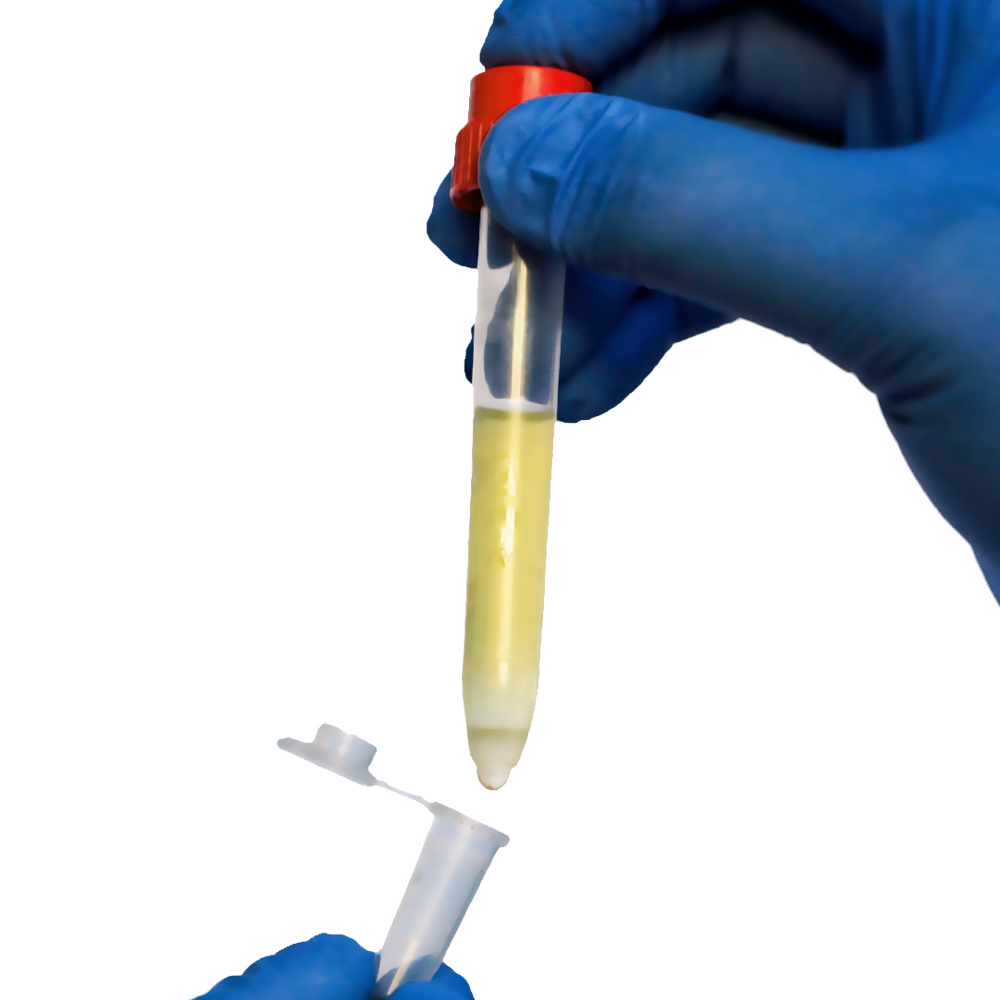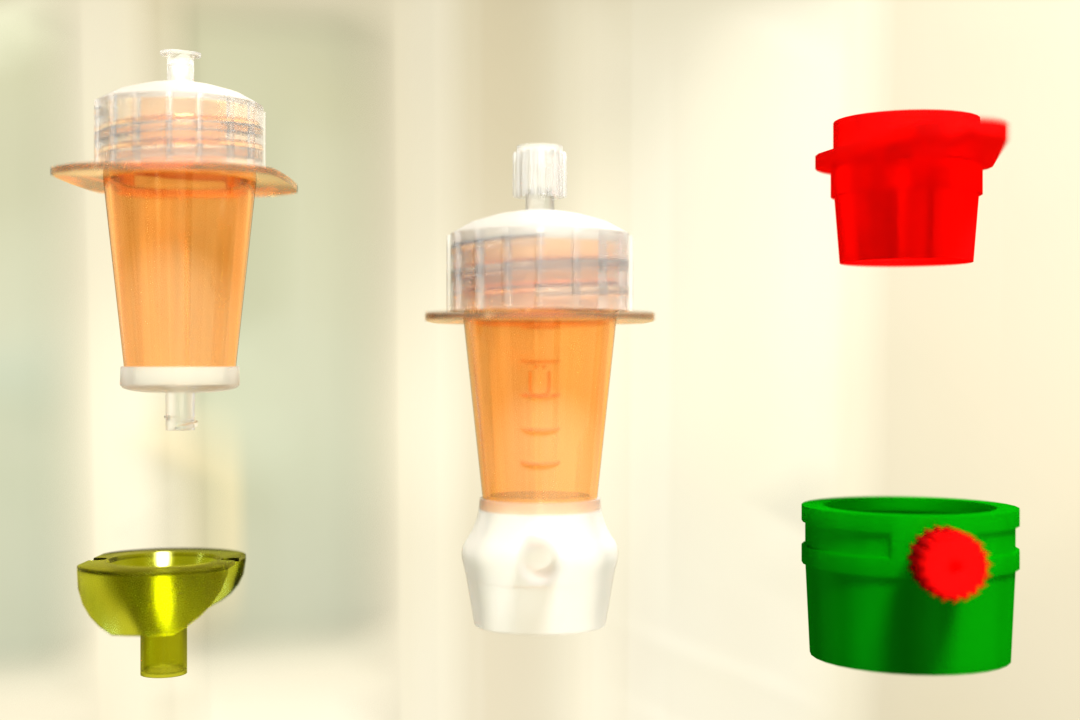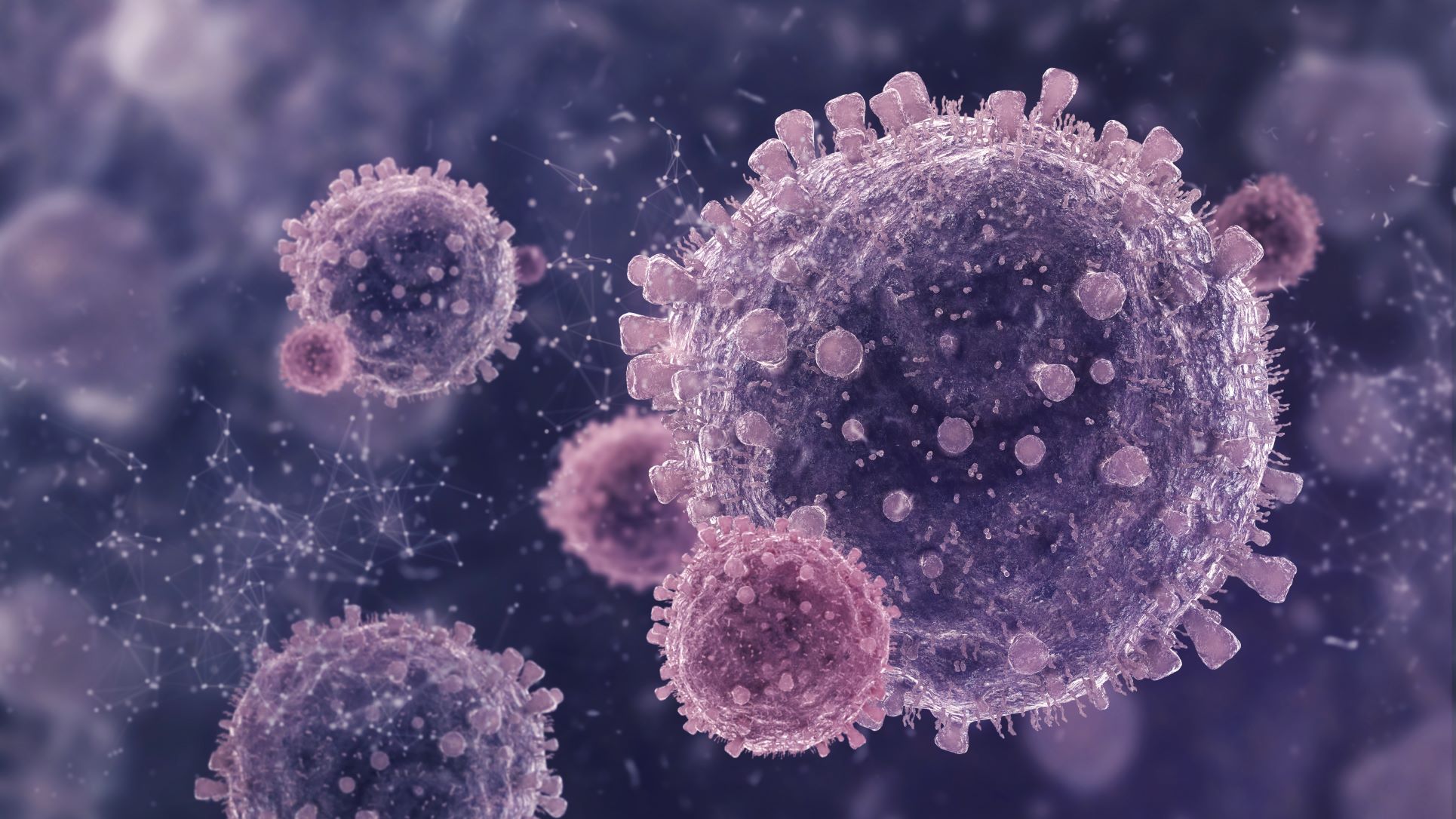In life science research, cell separation is a common method of sample preparation. Unwanted cells can be removed from the sample by enriching it as per requirements. In immunology, this can mean enriching the sample for the specific immune cell being studied – for example, B cell enrichment from the sample for further processing.
What are B Cells?
B cells, also known as B lymphocytes, are a type of white blood cell that helps the human immune system produce antibodies. To fight infections and harmful pathogens in the body, B cells collaborate with T cells and the rest of the immune system. They’re essential for long-term immunity development.
Different Types of B Cells
Transitional, naive, plasma, and memory B cells are the four main types of B cells, each with its own function in the maturation process.
Transitional B Cells
Between immature and mature B cells is a transitional B cell. While they are unable to aid in the defense against pathogens, they do travel between the bone marrow and secondary lymphoid tissues. They are subjected to tests to ensure that they will not produce autoantibodies, or antibodies that attack the host, during this time.
Naïve B Cells
Beyond transitional B cells, naive B cells are the next step. The B lymphocyte will remain a naive blood cell until it is activated, whether in the bone marrow or secondary lymphoid organs. When a mature B cell is exposed to antigen-presenting cells that are specific to its B cell receptor, it becomes activated.
Memory B Cells
The memory B cell is a type of B lymphocyte that is required for the development of long-term immunities within the body. After an infection has passed, these cells remain in the bloodstream. Memory B cells can quickly activate with the help of T cells if the host is re-exposed to the same antigen in the future.
Read Also: Necrosis Vs. Apoptosis: Necrotic Cell Death, Processes, & Apoptosis Steps
Plasma B Cells
Effector B cells, or plasma B cells, are large cells with a large endoplasmic reticulum (ER). The ER aids in the production and transportation of proteins. Plasma cells can produce large amounts of antigen-specific antibodies because of this composition.
Scientists can gain a better understanding of the body’s immune response to harmful pathogens by isolating B cells from biological samples. Because downstream processing requires a large enough population of healthy, viable B cells for analysis, B cell enrichment is a critical step in this workflow. Multiple cell separation methods can be used to isolate B cells.
PluriBead cell enrichment can be done without the need for whole blood preparation. The contamination with unbound cells, particularly platelets or erythrocytes, is very low when cells are isolated directly from whole blood. Positive separation is more efficient, less costly, and yields higher purity. PluriBead binds specific antibodies directly to the cells of interest. The targeting antibody will “touch” the cells. After isolation, the pluriBeads are separated. The antibody and the pluriBead are separated between the bead and the antibody. The antibody is still present on the cell membrane.
Reference:
Science Direct
Nature
 English
English French
French
 German
German
 Spanish
Spanish
 Belgium
Belgium
 Italian
Italian Brazil
Brazil Chinese Mandarin
Chinese Mandarin




